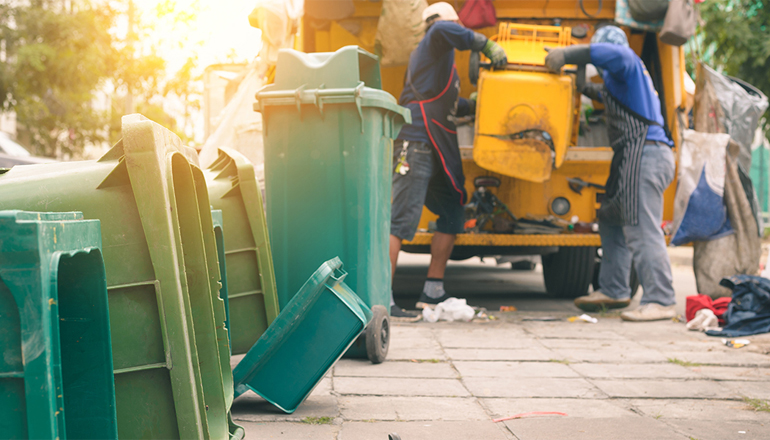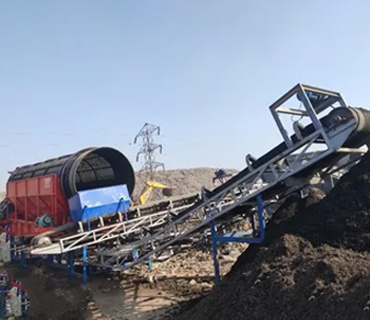912, Sanket Hights, Sun Pharma Road, Vadodara - 390012, Gujarat.

912, Sanket Hights, Sun Pharma Road, Vadodara - 390012, Gujarat.
Mon - Sat 10:00 am to 6:00 pm

In the waste management process, the wastes are collected from different sources and are disposed of. This process includes collection, transportation, treatment, analysis and disposal of waste.
Certainly, here's a description of key points in solid waste management:
1. Waste Generation: The process starts with the creation of solid waste, which can include household, commercial, industrial, and construction waste.
2. Collection: This involves the systematic gathering of waste from various sources, such as homes, businesses, and public areas, using methods like curbside pickup or door-to-door collection.
3. Transportation: Collected waste is then transported to treatment facilities or disposal sites, using appropriate vehicles and routes to ensure efficiency and minimize environmental impact.
4. Segregation and Sorting: Before treatment, waste may be sorted to separate recyclable materials like paper, plastic, glass, and metals from non-recyclable waste.
5. Treatment and Processing: Different treatment methods are applied to waste, including landfilling, composting, and incineration. Landfills bury waste, composting decomposes organic matter, and incineration burns waste to generate energy.
6. Recycling: Recoverable materials are sent to recycling centers for processing, where they are cleaned, sorted, and converted into raw materials for manufacturing new products.
7. Resource Recovery: Waste-to-energy processes convert non-recyclable waste into energy through incineration or other technologies, helping reduce reliance on fossil fuels.
8. Composting: Organic waste is decomposed naturally in controlled environments to create nutrient-rich compost, used to enrich soil in landscaping and agriculture.
9. Landfill Management: Landfills are carefully designed and managed to minimize environmental impact, prevent groundwater contamination, and control emissions of greenhouse gases.
10. Awareness and Education: Public awareness campaigns promote responsible waste disposal and encourage individuals to reduce waste, reuse items, and recycle materials.
11. Legislation and Regulations: Governments establish laws and regulations to govern waste management practices, ensuring proper disposal and minimizing harm to the environment and public health.
12. Innovation and Technology: Ongoing research and development lead to innovative waste management technologies, improving efficiency and reducing environmental impact.
Effective solid waste management is crucial for maintaining a clean and sustainable environment, minimizing pollution, conserving resources, and promoting public health and well-being.

Key Points About Solid Waste Management Services
Solid waste management services involve the regular collection of trash, recyclables, and other waste materials from households and businesses.
Proper disposal methods are essential to minimize environmental impact. Waste can be disposed of through landfilling, incineration, composting, or recycling, depending on the material.
Recycling is a crucial aspect of waste management that involves processing materials like paper, plastic, glass, and metal to create new products, reducing the need for virgin resources.
Educating the public about proper waste disposal, recycling practices, and the importance of reducing waste generation is vital for effective waste management and sustainable living.